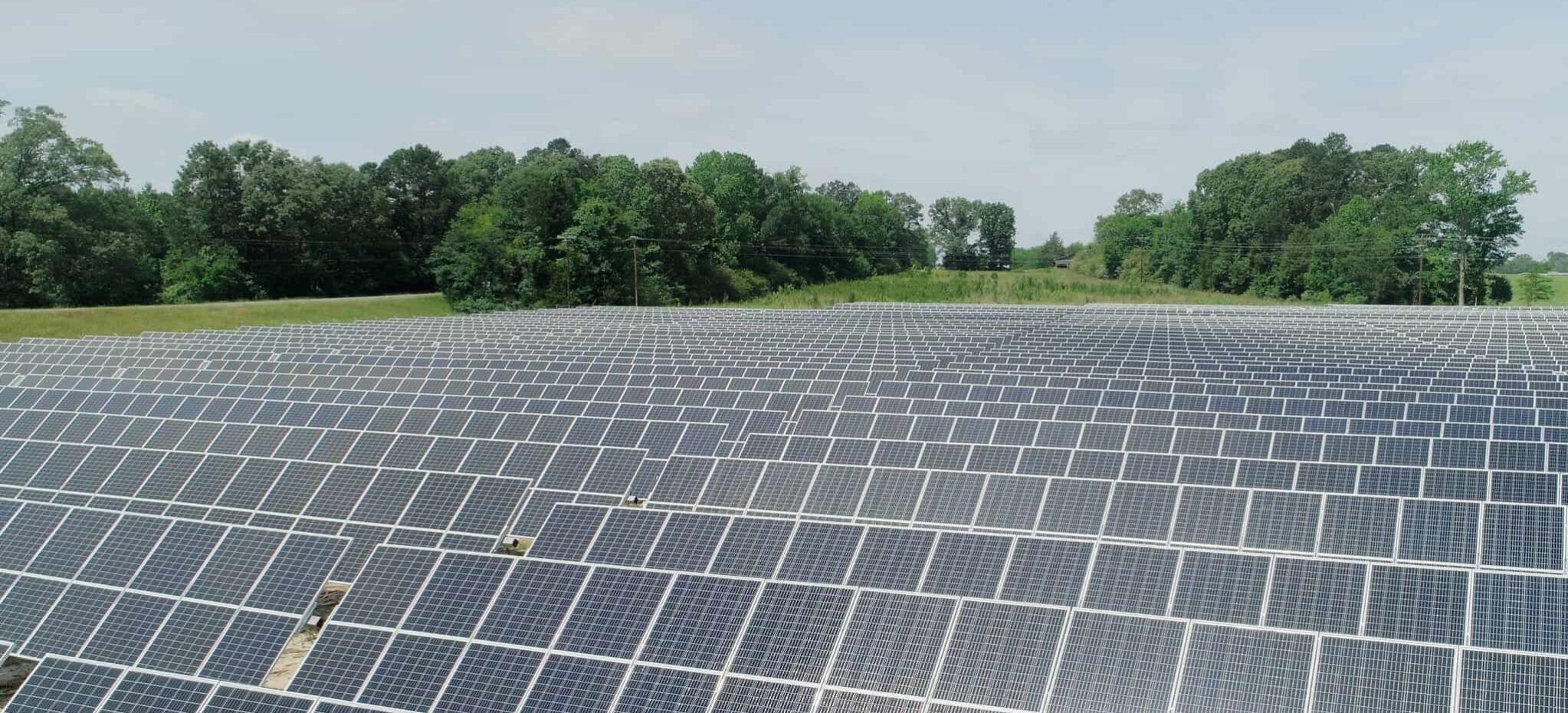In recent years, energy distribution problems have become increasingly frequent, especially after severe storms. As a result, many homeowners have been asking themselves — do solar panels work in a blackout?
But while the answer might seem pretty obvious, there are many factors that make the difference between a regular and a blackout-proof solar energy system. So let’s jump right into the topic and learn more about solar panels and energy blackouts.
Can I Use My Solar Panels During a Blackout?
Generally speaking, solar panels are unable to work during a blackout. However, that’s not because they are no longer capable of converting sunlight into electricity, but rather due to how solar energy systems work.
More often than not, solar energy systems are connected to the local utility grid. That is so your home can receive energy from the utility company in case your solar panels can’t convert enough sunlight to meet the demand. On-grid systems also allow you to sell excess electricity to the local grid, providing financial benefits.
This connection is made through a solar inverter, which measures and tracks how much energy you’re generating and using. In the event of a blackout, the entire grid shuts down, which also turns off your solar panels. The purpose of this automatic function is to prevent accidents during grid or electric line repair procedures.
Is There a Way to Use Solar Panels During Blackouts?
Fortunately, not all solar energy systems shut down during a blackout. In fact, off-grid systems or those featuring an energy storage device can continue working as they normally would.
Off-Grid Solar Energy Systems
As you might have guessed, off-grid solar energy systems are not connected to the local energy grid. Instead, they use batteries to store excess electricity, which you can tap into during blackouts or cloudy days. However, these systems tend to be quite expensive and are not always a great investment for homeowners. In addition, off-grid systems don’t allow you to draw energy from the utility company, eliminating a useful feature that can help whenever your stored electricity runs out.
But there’s a big silver lining to off-grid solar systems — they provide complete energy independence. In other words, you can use your solar panels anywhere, whether it’s a remote forest home or a mountain cabin. Plus, as mentioned above, you won’t have to worry about grid failures ever again.
Battery-Backed On-Grid Solar Energy Systems
If you want to save money, on-grid solar energy systems are a must. But you can still get backup power even when the local grid is down as long as you install a storage system. As a matter of fact, a couple of solar batteries are enough to store enough energy that you can draw upon during blackouts without endangering utility workers.
Yet, the price remains a major limitation of battery backup systems. More specifically, while solar batteries are becoming more affordable, they are still quite expensive. Therefore, it’s best to select a few essential appliances that you want to provide power to, such as medical equipment, personal electronics, or refrigerators. Then, you can install enough batteries to keep these items running for a few more hours or days to avoid paying for an expensive high-capacity battery.
Apart from solar batteries, you can also rely on traditional backup generators. The main disadvantage is that they run on fossil fuels. These are non-renewable and can be hard to find during natural disasters or other emergency situations.
Key Takeaways
Power outages are never fun, especially when they last for days on end. While solar alone doesn’t make your home immune to blackouts, there are ways you can have clean, reliable power when you need it most. By choosing an off-grid system or installing solar batteries, your home can withstand power outages and resume your daily routine. And as always, if you want to learn more about solar energy systems, make sure to contact Atlantic Key Energy or check out our vast knowledge center.
What Else You Should Know About Solar
What Can We Expect With Solar in 2023?
How do Solar Panels Impact My Property Values
What are the Environmental Benefits of Solar Energy?





